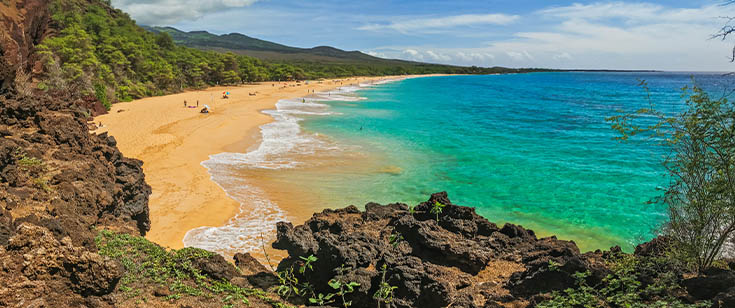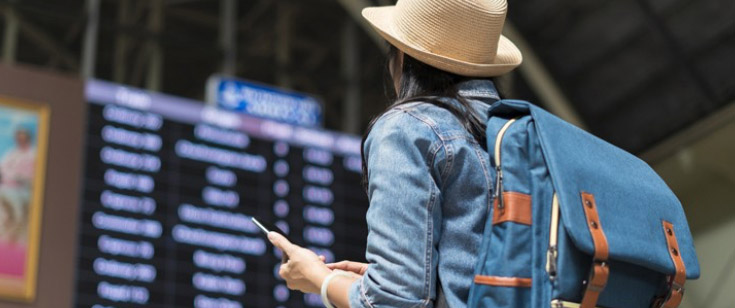The year started well for U.S. airlines. Scheduled flights were up in January and February, then dropped slightly in March. Then flying fell off a coronavirus-induced cliff. By May 11, scheduled flights departing from the U.S. had declined nearly 75 percent from the same period in 2019, according to OAG, which analyzes aviation data. The virus that has sickened millions of people has put formerly profitable airlines on a path to losing a collective $84 billion worldwide this year, the International Air Transport Association (IATA) reported.
Those statistics tell only part of the story. The rest of the tale emerges in changes to the act of flying, where once-familiar processes have been turned on their head. Here’s what to expect as you begin to think about flying the newly unfamiliar skies along with things you should keep in mind.





